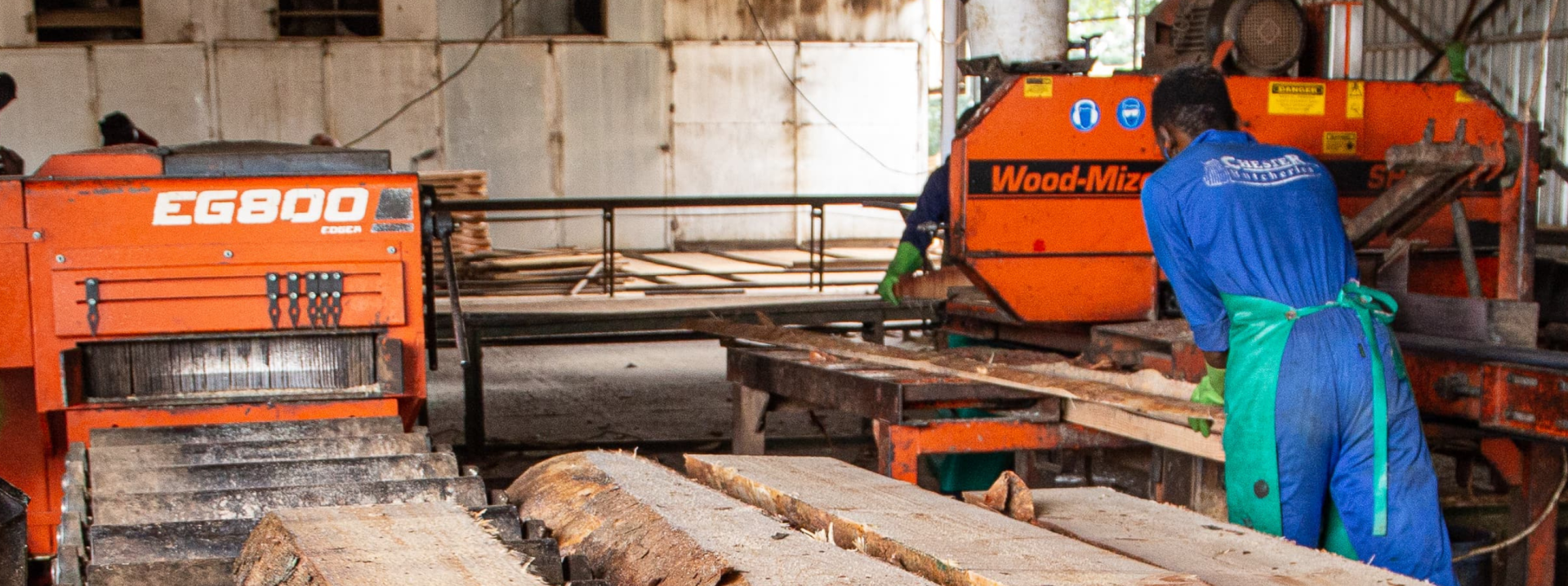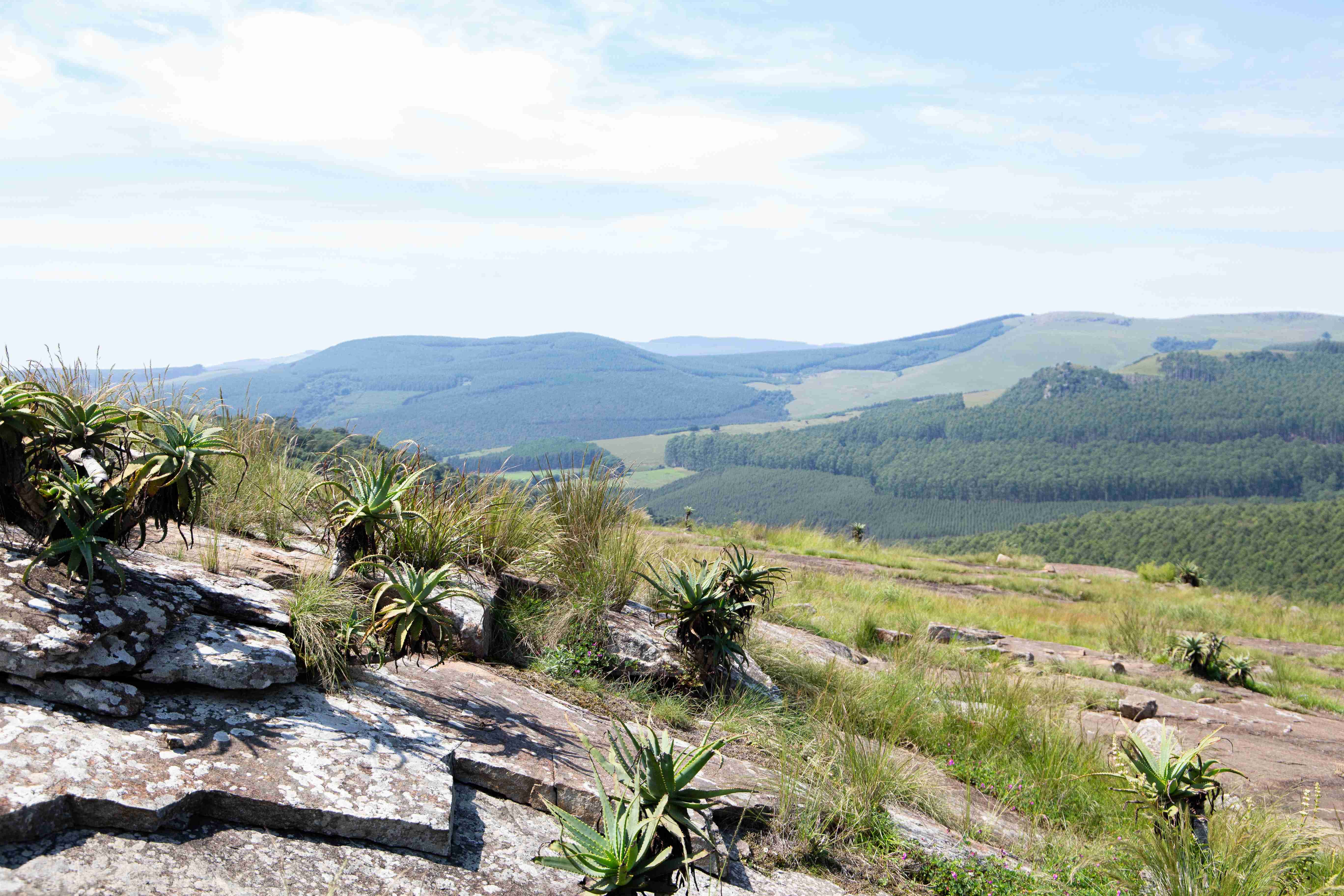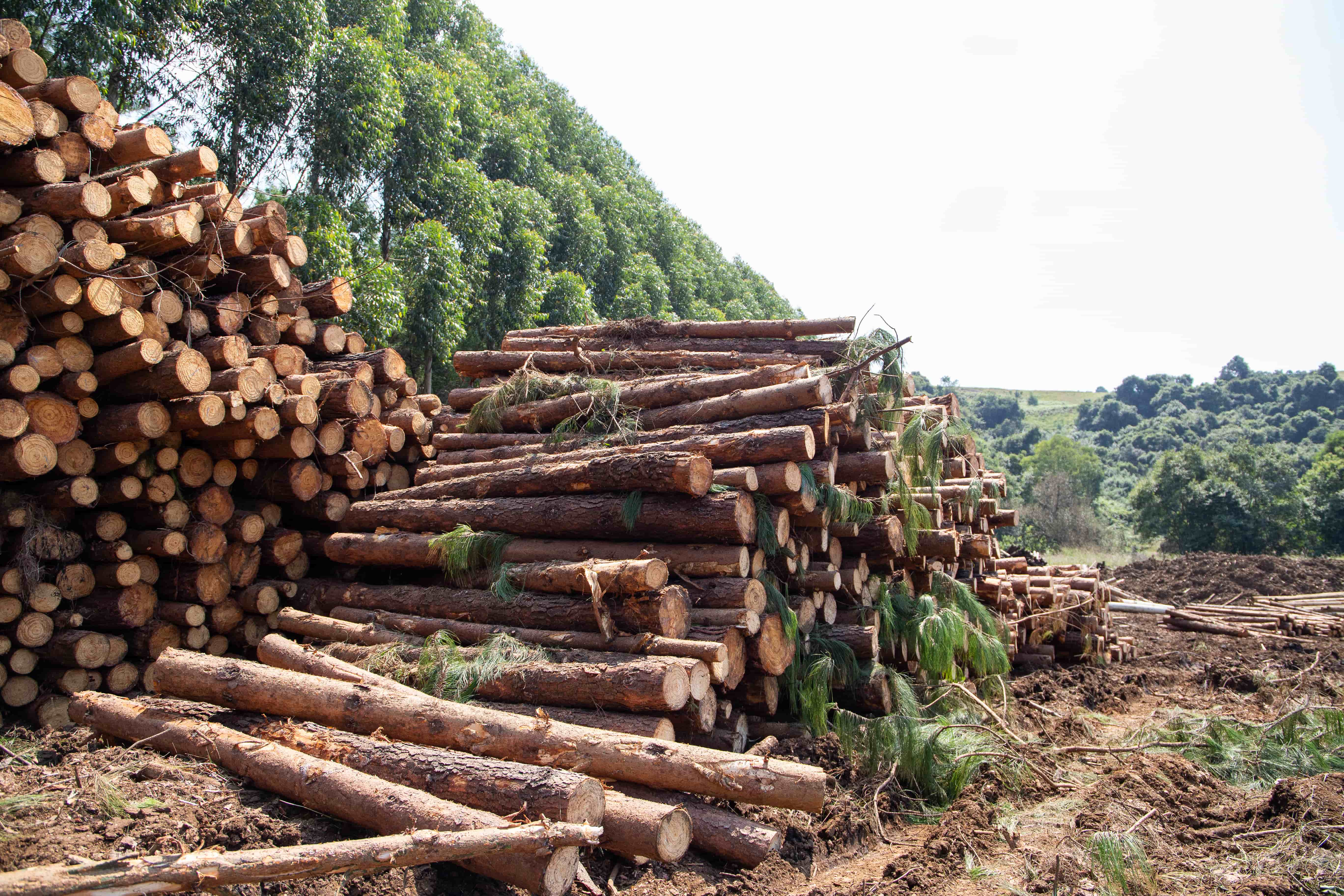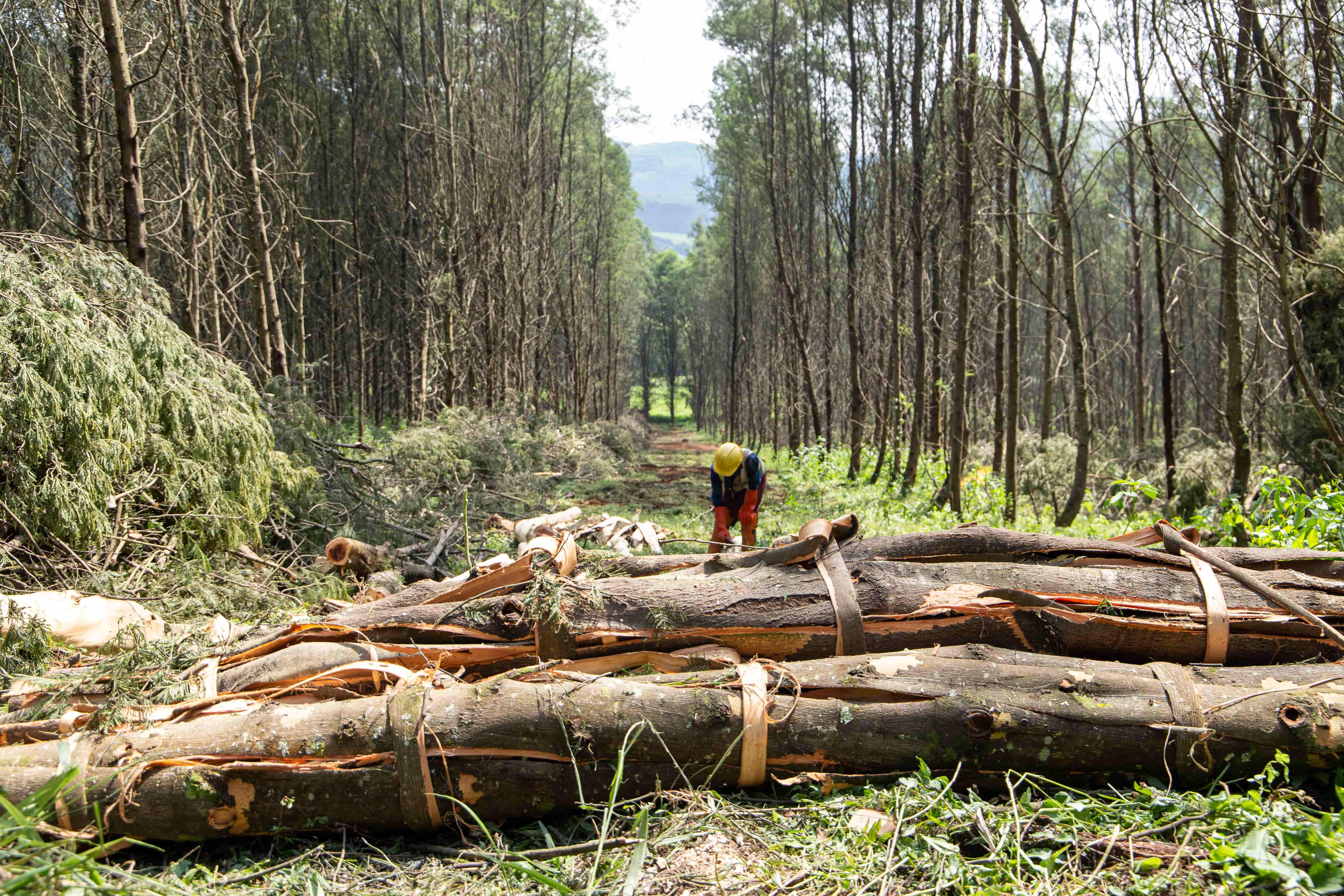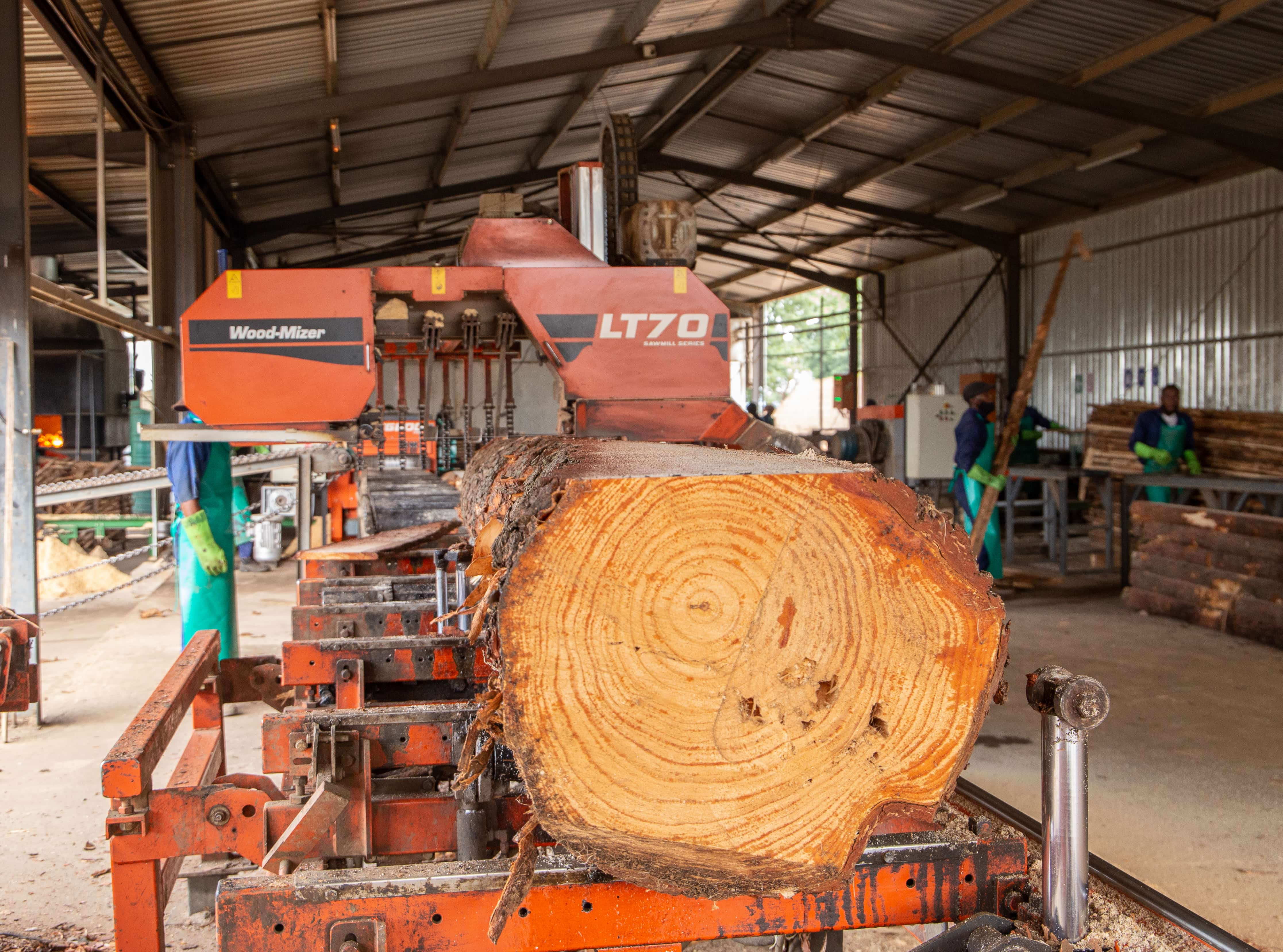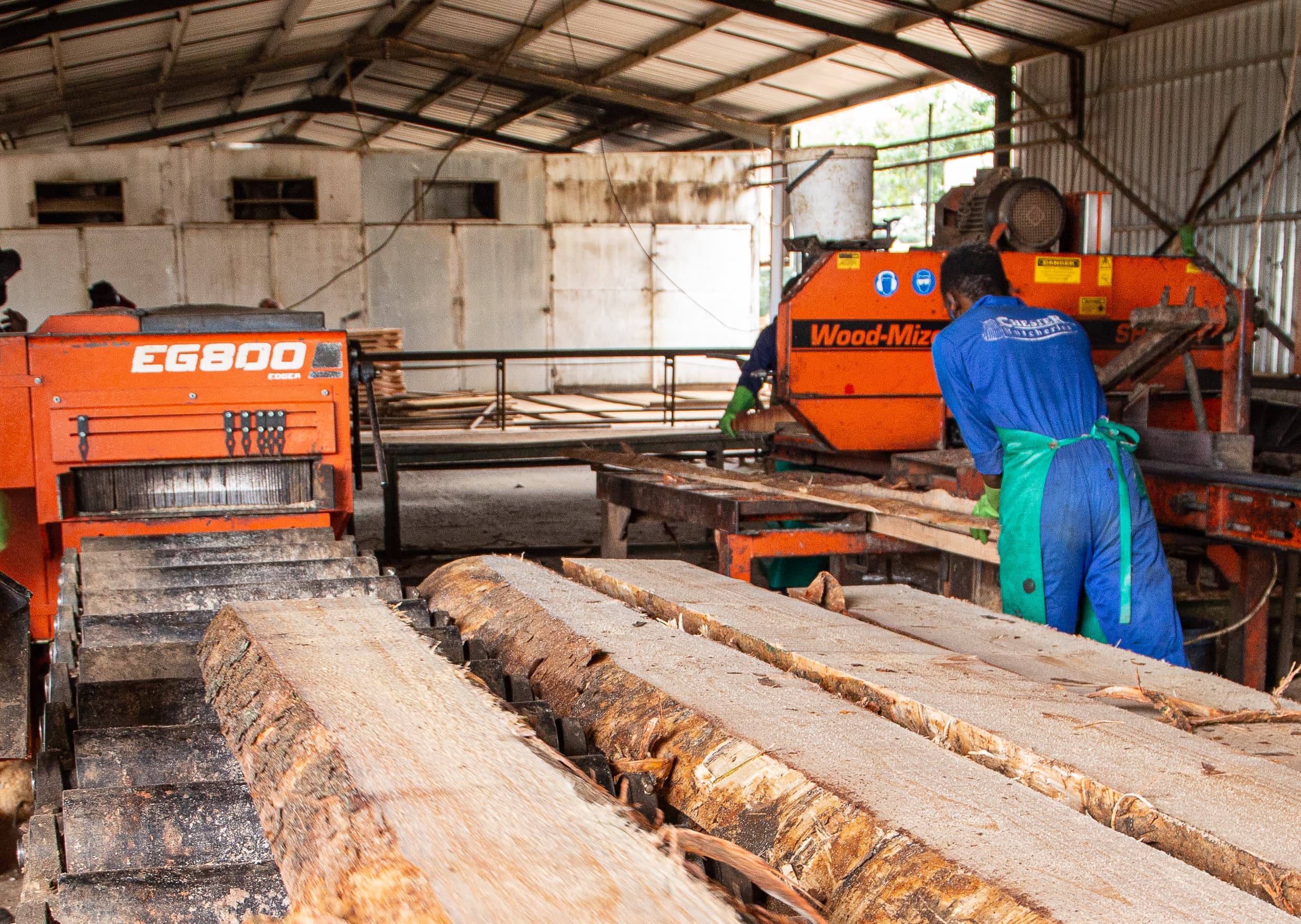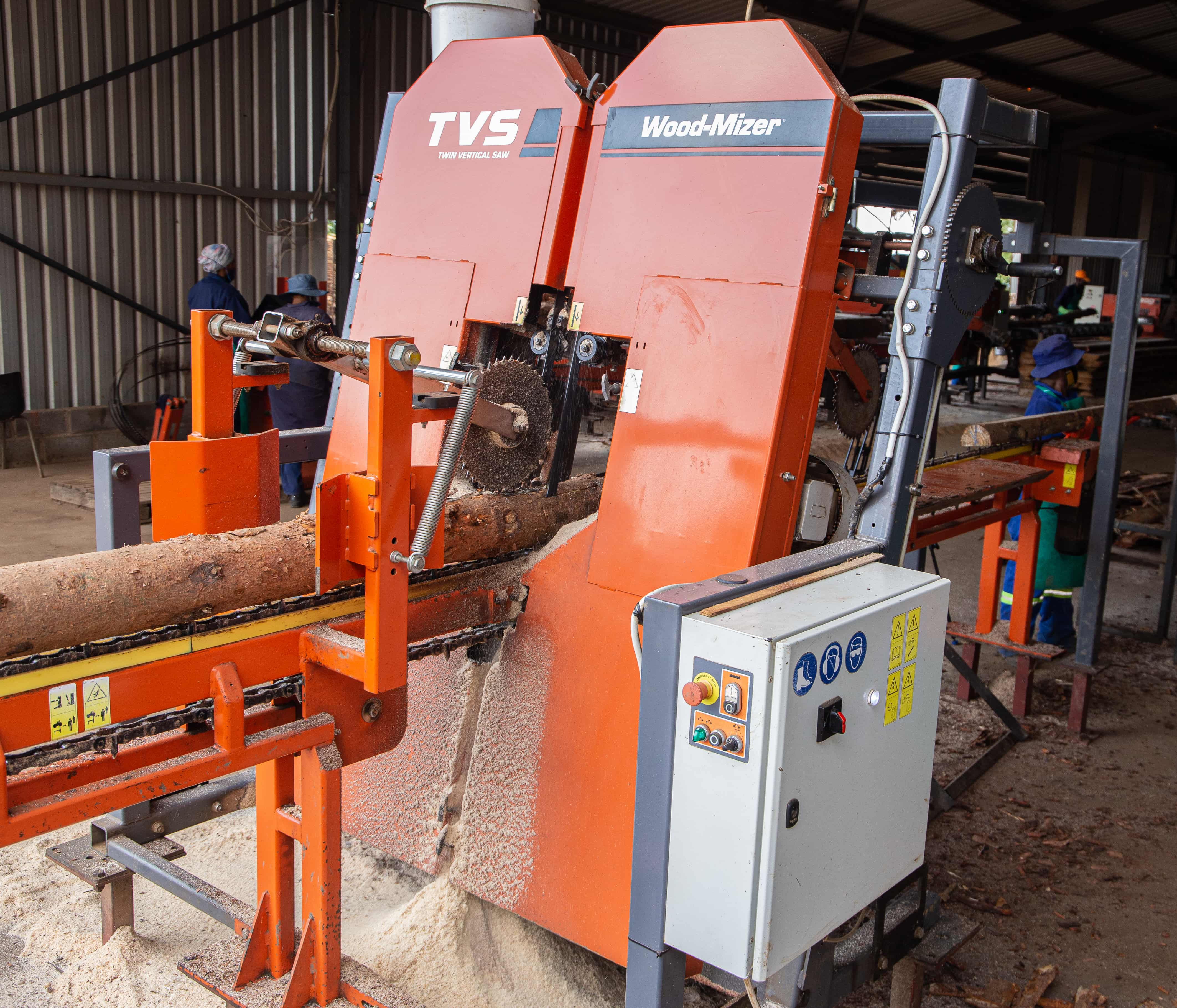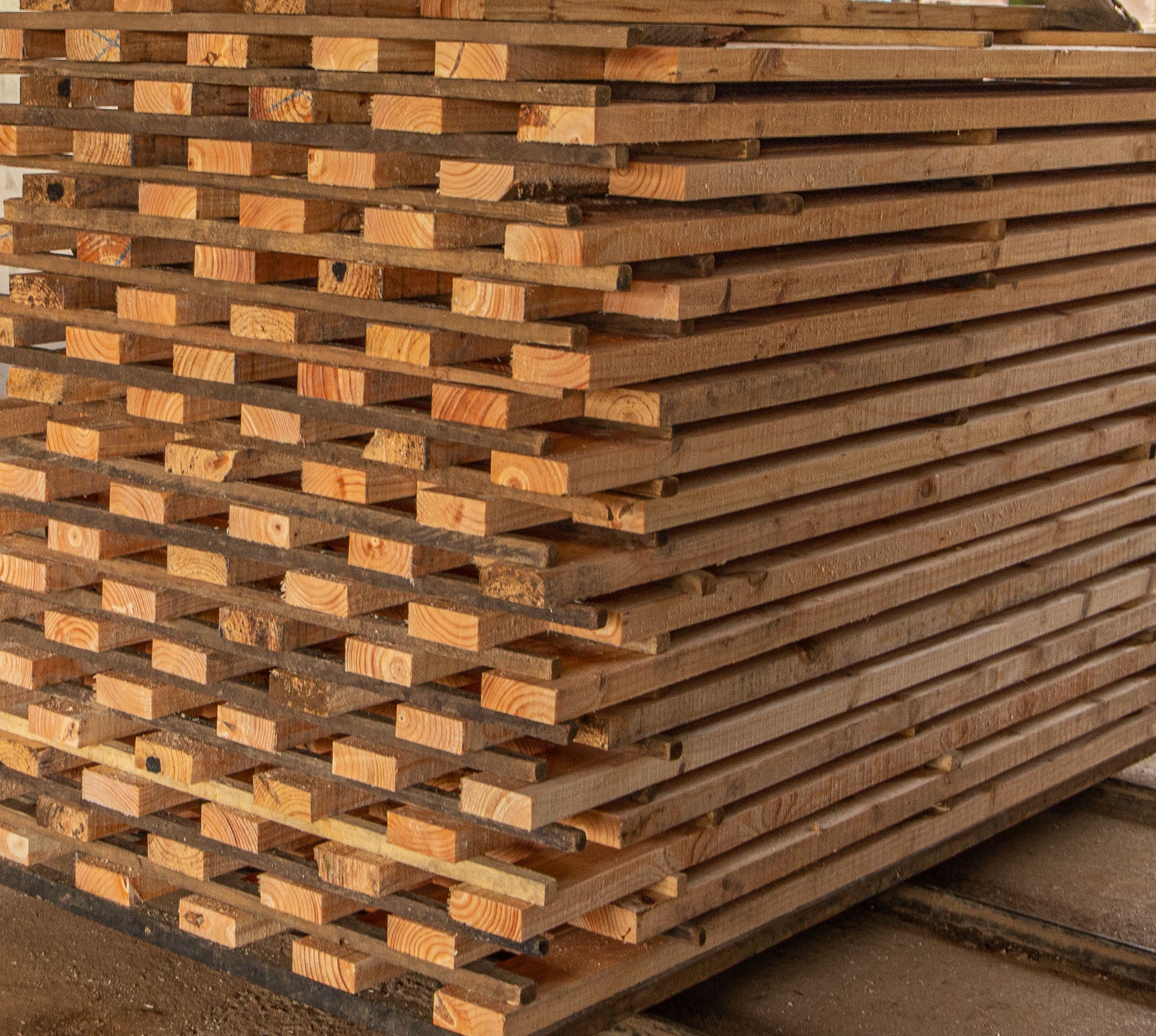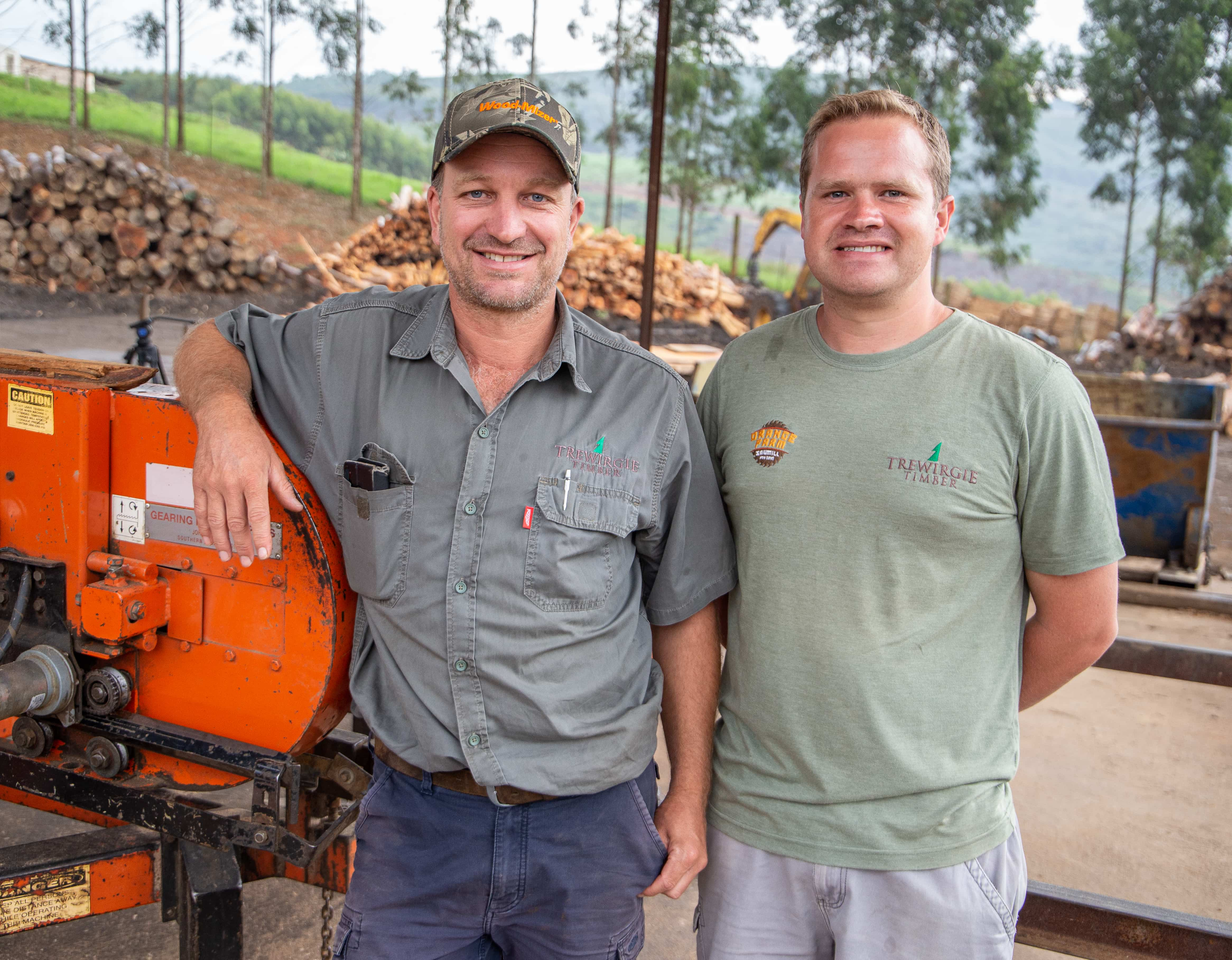Subscribe to Receive Email Updates
Be the first to hear about new products, promotions, customer projects, and more with our free Wood-Mizer Newsletter. Sign up today!
Be the first to hear about new products, promotions, customer projects, and more with our free Wood-Mizer Newsletter. Sign up today!


